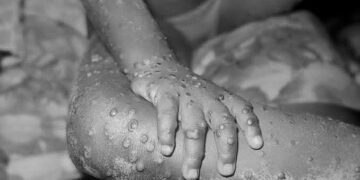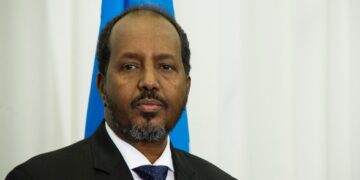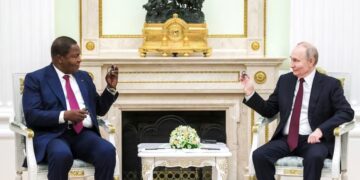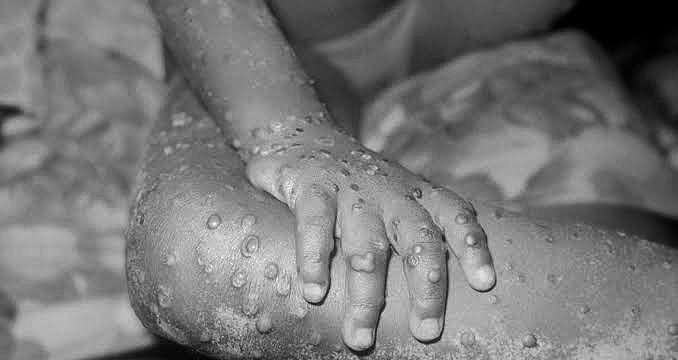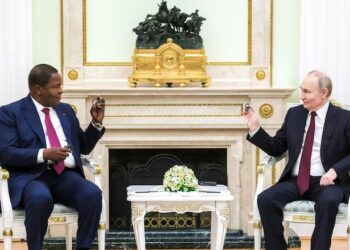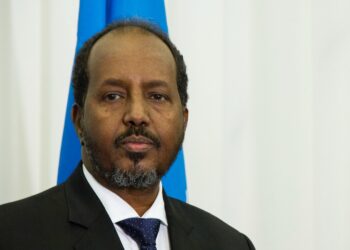By John Ikani
The World Health Organization (WHO) says it is working with experts to come up with a new name for monkeypox.
It comes after more than 30 scientists wrote last week about the “urgent need for a non-discriminatory and non-stigmatising” name for the virus and the disease it causes.
Continued reference to the virus as African is both inaccurate and discriminatory, they said.
Tedros Adhanom Ghebreyesus, the WHO’s director general on Tuesday said the global health body will make announcements about the new names as soon as possible.
According to Bloomberg, the WHO will engage with experts in orthopoxviruses, which include monkeypox, to come up with more appropriate names.
It is worthwhile to note that Monkeypox got its name because it was first discovered in laboratory monkeys in 1958, when two outbreaks of the disease occurred in monkey colonies.
The first human case of monkeypox was identified in The Democratic Republic of the Congo in 1970.
The virus has since been reported in several other African countries, although the majority of infections are in the DRC, according to the Centers for Disease Control.
In recent years, cases have been reported outside of Africa, with links to travel or imported animals, including in the United States, Israel, Singapore and the United Kingdom, according to the CDC.
Cases of monkeypox in the Western outbreak first cropped up in May in the UK, Portugal and Spain, and have now spread to a host of countries, including the U.S., Australia, Canada, France and Germany.
More than 1,600 confirmed cases and over 1,500 suspected cases of monkeypox have been reported from across the world according to WHO.
